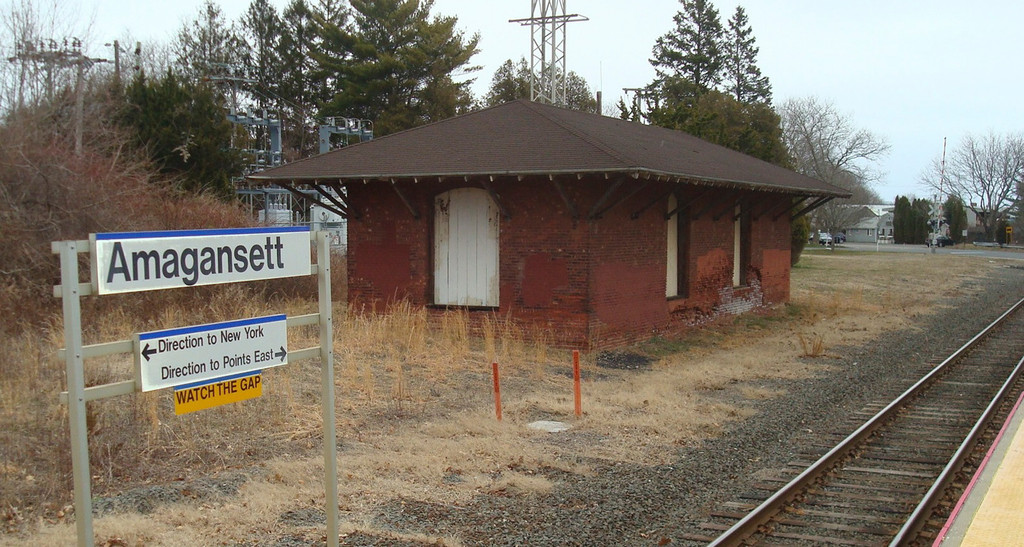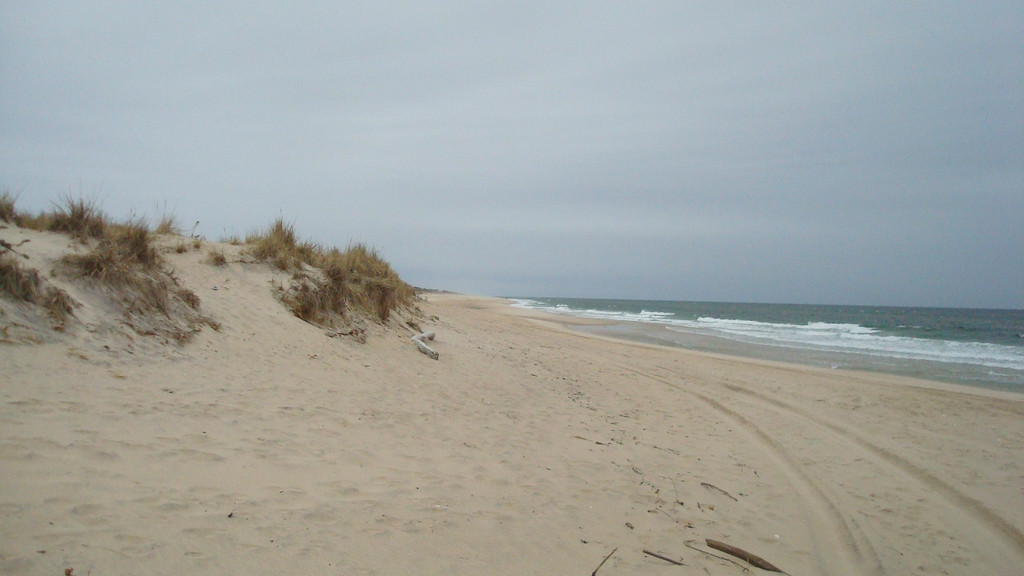Over here
The story of a terror plot on our soil — in 1942
They planned to bomb New York City bridges, tunnels, and the water supply. Bombs were also to be placed on railroads, at factories, and manufacturing plants. This is not from a recent news story about al-Qaida planning an attack but a true story from World War II. Adolf Hitler had planned those attacks here on our shores after Germany declared war on the United States on December 11, 1941.
Two weeks after declaring war, the first of four Nazi U-boats headed across the Atlantic Ocean. They were to sink merchant and cargo ships up and down the east coast to stop the US from delivering war supplies to Europe. Hitler hoped these attacks would cripple the U.S. even more after the surprise Japanese attack on Pearl Harbor just weeks before.
On January 13, 1942, Nazi submarines were sighted off Nantucket. The following morning one of them sank a tanker sixty miles from Montauk Point. That U-boat traveled southwest and was soon hugging the south shore beaches passing Long Beach, the Rockaway Peninsula, and Coney Island. When it found no shipping outside the Narrows of New York harbor, and fearing mines, it turned eastward and patrolled the south shore. The U-boat found a British tanker carrying oil to England. A torpedo sunk it off Quogue.
By day the U-boats sat on the ocean floor and surfaced only to attack ships in the darkness of night. The doomed ships were visible by their silhouette against the bright coastal city lights up and down the east coast.
On January 25, 1942, a Norwegian tanker was torpedoed and sunk off New Jersey. Soon other tankers were sent to the bottom off Atlantic City. By the end of January, thirteen cargo ships had been sunk and not one U-boat was ever identified or attacked in return. By March, fifty-four freighters and tankers had been lost. Many civilian lives were also lost.
Even with these mounting loses, U.S. Navy commanders refused to introduce the convoy system for east coast shipping, which protected trans-Atlantic crossing. Additionally, cities along the east coast were reluctant to shut off their lights at night. America at the time had a false sense of security and believed the war would never come to our shores.









